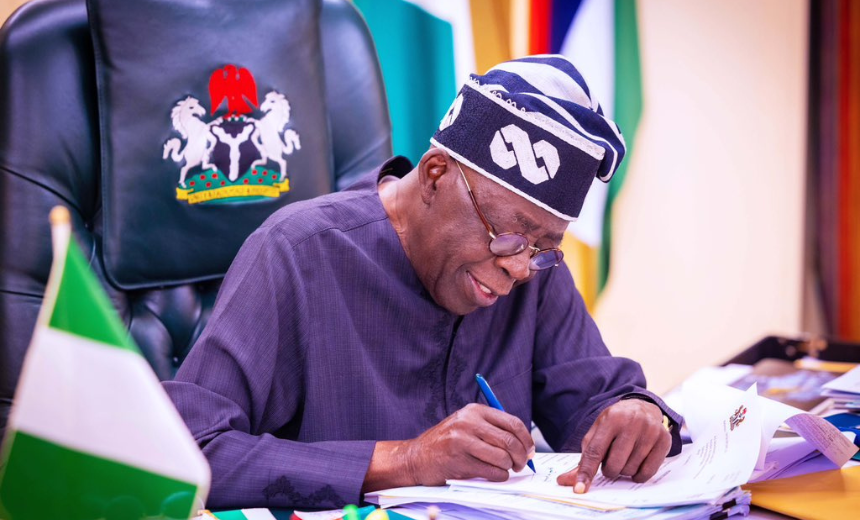The 2024 minimum wage bill signed into law by President Bola Tinubu marks the seventh time Nigeria will be having a minimum wage act or decree since 1981
But the 2024 law is the lowest in dollar terms compared to the previous ones.
In 1981, when the first minimum wage was negotiated at N125, one US dollar exchanged for N0.724kobo, with the naira having an edge over the dollar.
By 1991, when the minimum wage was increased to N250, the naira began a slide, with one dollar exchanging for N8.
When a new national minimum wage was agreed upon at N3000 in 1998, which remains the highest increase so far, one dollar exchanged for around N18
In the year 2000, the minimum wage moved to N5, 500, as the naira exchanged for N85.90.
MUST READ: Cross River Gov. Signs 141 Billion Naira Supplementary Budget Into Law
N7,500 was the agreed wage at the start of the second term of President Olusegun Obasanjo’s administration in 2004, with one dollar exchanging for between N127 to N130.
In 2011, when President Goodluck Jonathan’s administration began its first full term, the minimum wage was negotiated at N18,000, and, by this time, one dollar was exchanging for N151.05
It was later the turn of President Muhammadu Buhari whose administration signed N30,000 as National Minimum wage in 2019, with a five year review period. At that time, the exchange rate had jumped to N363 to a dollar.
July 29, 2024, a new minimum wage of N70,000 has been signed into law, but the exchange rate is the worst in decades, with a dollar exchanging at around N 1,600, making it the lowest minimum wage in history
For many, what has been signed still remains a far cry from a living wage of the average Nigerian in an economy battered by inflation
(Editor: Paul Akhagbemhe)








